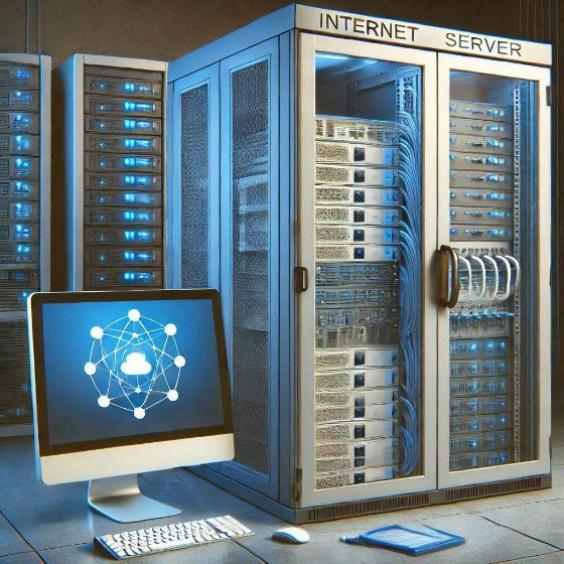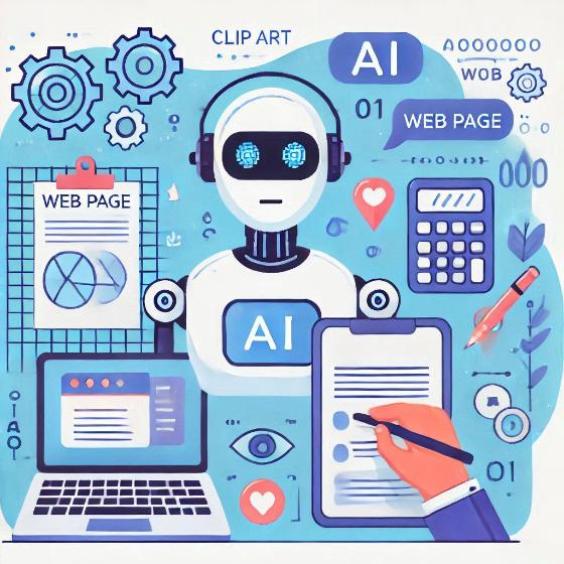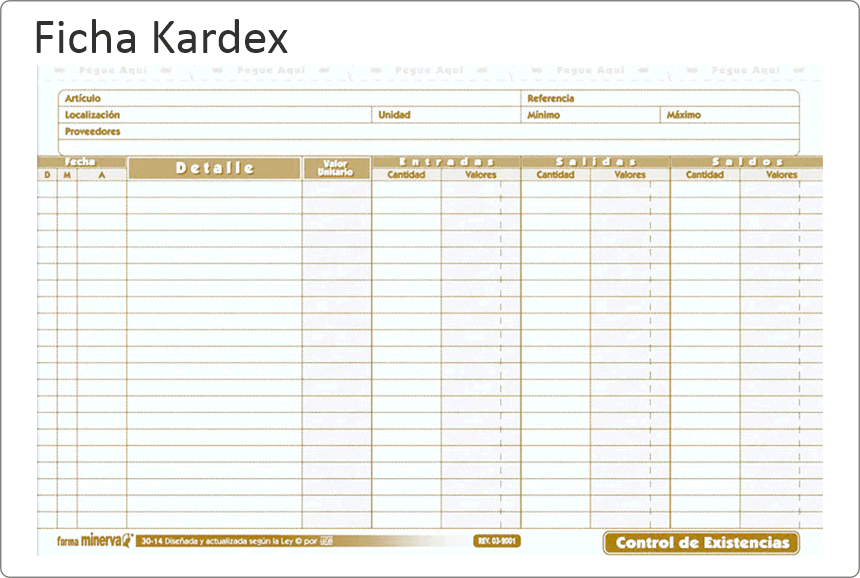What is ERP software
In the modern business world, efficiency and organization are key to success. It is here that ERP (Enterprise Resource Planning) software comes into play, a comprehensive solution designed to improve the management and coordination of all operational aspects of a company. But what exactly is an ERP and what type of companies should consider it?
What is an ERP?
An ERP is a software system that integrates and automates the main processes of a company in a single centralized system. This software can cover a wide range of functions, from financial management, accounting, and human resources, to inventory management, logistics, and production.
The main idea behind an ERP is that all relevant information of a company is available in one place, accessible in real-time by all departments. This facilitates decision-making, improves operational efficiency, and reduces errors derived from manual data management.
What type of companies should use an ERP?
Not all companies need an ERP. Due to its breadth and complexity, ERPs are more suitable for medium and large companies that handle a significant amount of processes and data. Below, we detail what type of companies should consider implementing an ERP:
Companies with multiple departments or locations:
If your company operates in several locations or has different departments (such as sales, production, finance, and human resources), an ERP can help you integrate and coordinate all these areas in a unified system. This ensures that all departments work with the same information and avoids data and effort duplication.
Companies with complex operations:
If your company handles complex operations, such as large-scale production, supply chain management, or multinational distribution, an ERP will provide you with the necessary tools to manage all these aspects efficiently. The ability to plan and coordinate these processes is crucial to maintaining competitiveness and profitability.
Growing companies:
If your company is experiencing rapid growth, it is likely that your current processes will soon fall short. An ERP will allow you to scale your operations in an orderly manner, ensuring that you can handle the increase in demand without sacrificing efficiency or quality.
Companies seeking to improve decision-making:
The ability to access accurate and real-time information is vital to making informed strategic decisions. An ERP offers a holistic view of your business, allowing you to quickly identify areas for improvement, optimize resources, and react agilely to market changes.
Companies with data or communication problems:
If your company faces problems with data duplication, communication errors between departments, or loss of information, an ERP may be the solution. By centralizing all data in a single system, consistency, accuracy, and information availability are improved.
When is an ERP not necessary?
Small businesses or startups with simple operations and less data to manage may not need an ERP. For these businesses, more specialized solutions or even basic tools such as spreadsheets may be sufficient to handle their operational needs. Implementing an ERP in a company that does not need it can result in unnecessary costs and the complication of processes that could be handled more simply.
An ERP is a powerful tool that can transform the way your company operates, but it is not for everyone. If you have a medium or large company with complex operations, multiple departments, or expansion plans, an ERP could be just what you need to take your business to the next level. However, it is important to carefully evaluate your needs before making a decision, as implementing an ERP requires a significant investment in both time and resources.






